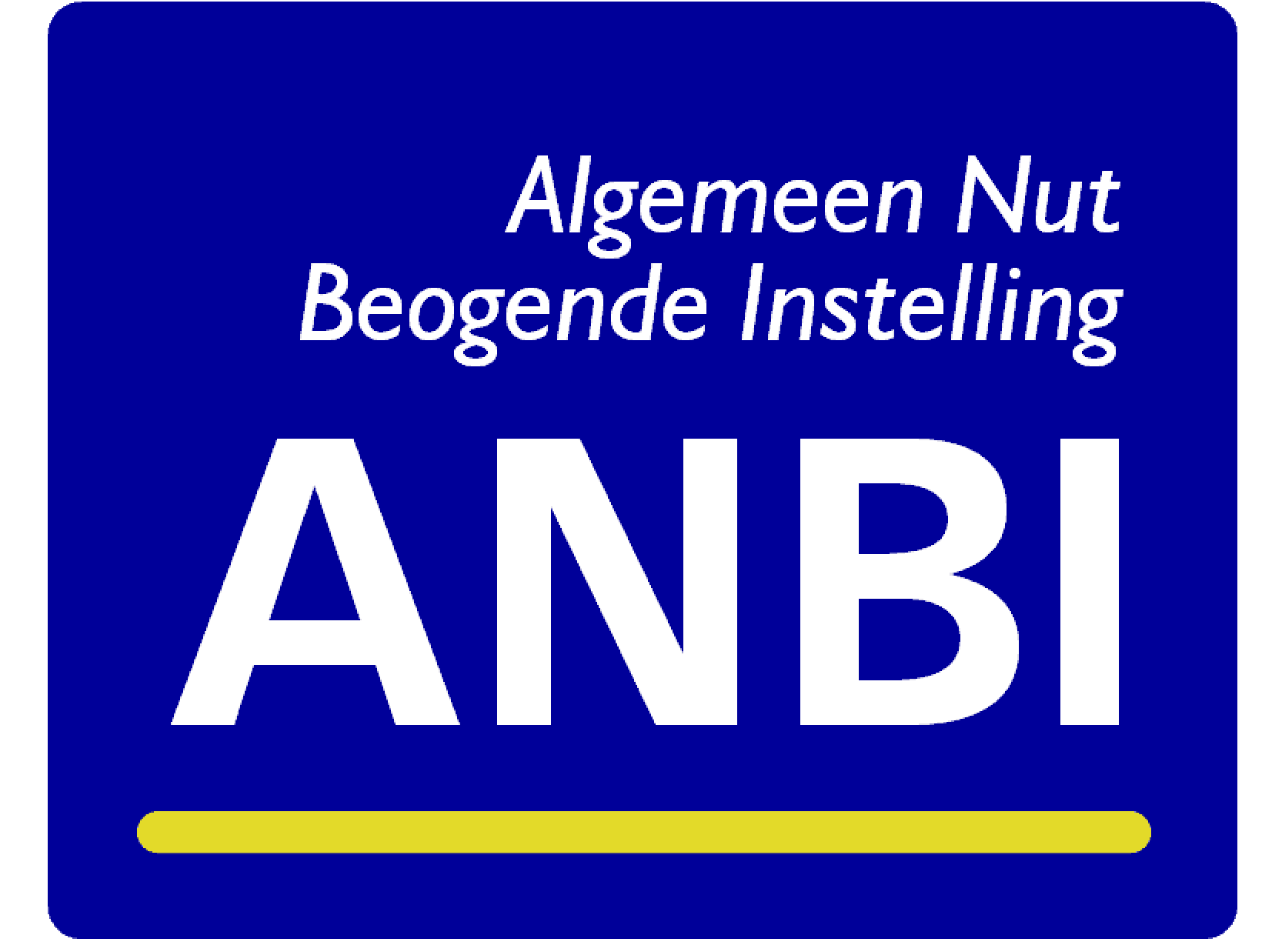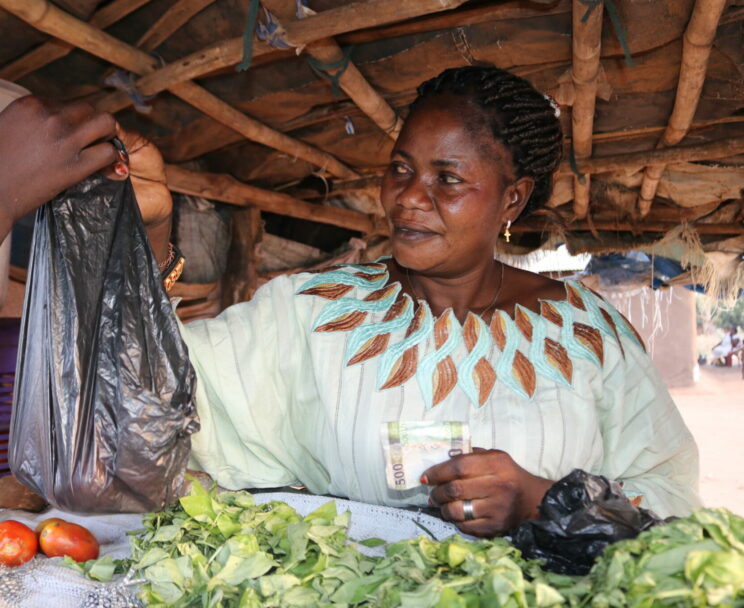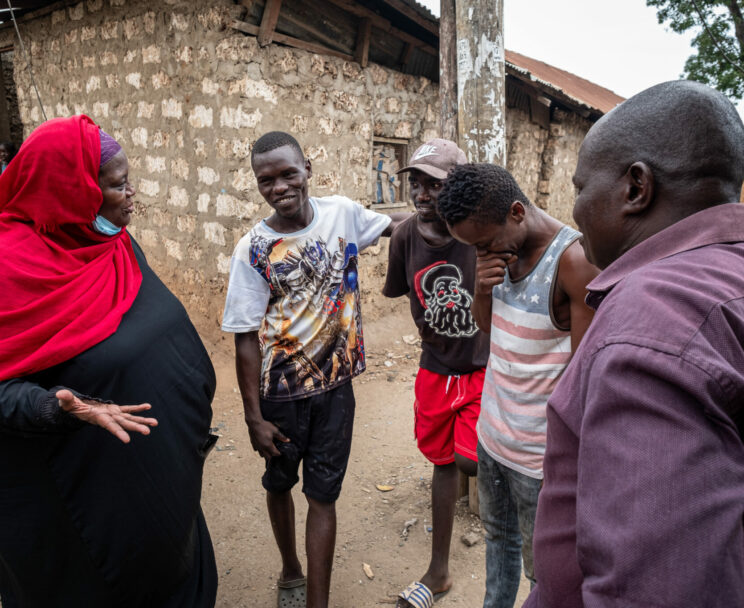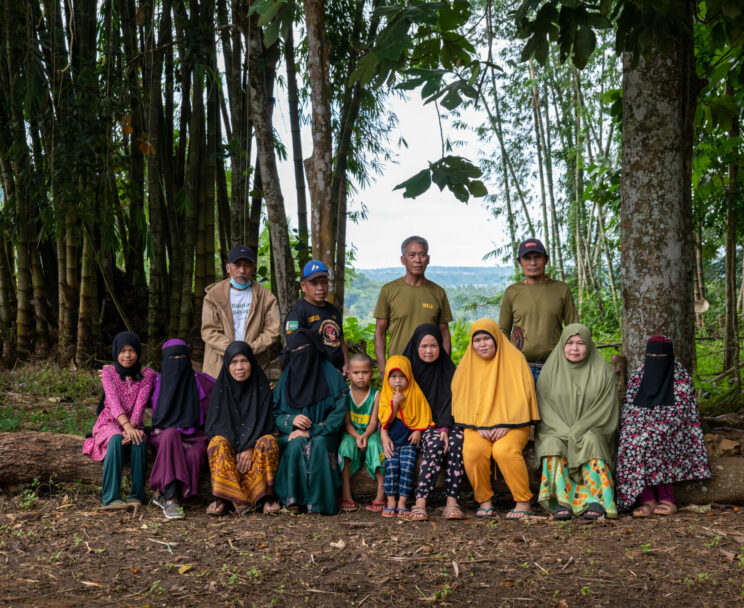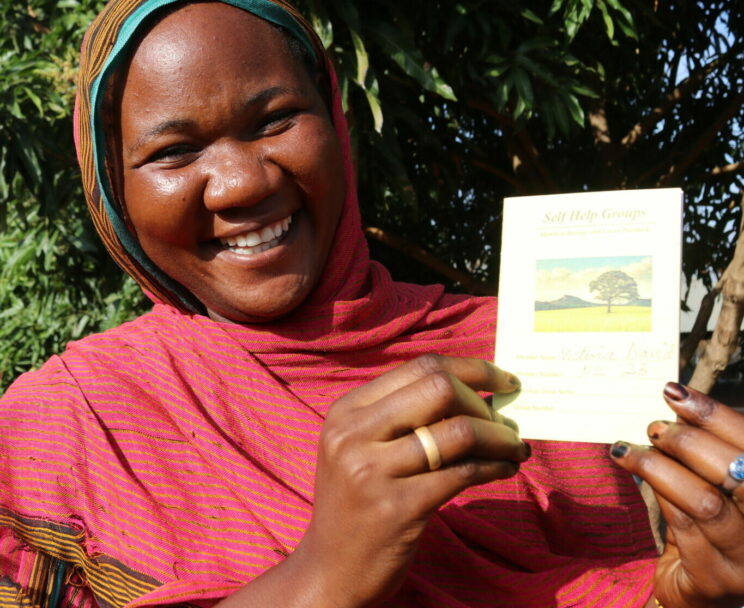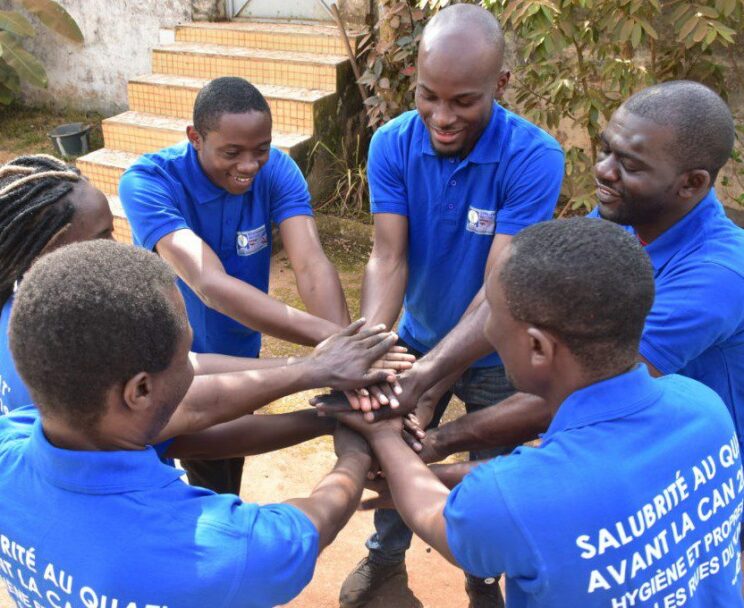Bridging Divides through Interreligious Peace Committees
In Northern Cameroon, the armed conflict involving Boko Haram and the resulting intercommunity tensions have deeply scarred the region, necessitating innovative approaches to peacebuilding. This case study examines the effective strategies employed by Mensen met een Missie, in collaboration with local partners, to foster peace and reconciliation among diverse religious communities.
The Problem
For over two decades, Northern Cameroon has been afflicted by the violent insurgency of Boko Haram, which has not only resulted in significant loss of life and fear but also exacerbated existing religious tensions. The region, characterized by a mix of Muslim and Christian communities, has seen increased suspicion and separation between these groups, leading to a fragmented society. Abakar, a young Catholic from the village of Godola, recounts how the rise of Boko Haram instilled a deep-seated fear of Muslims among Christians, further deepening the divide and misunderstanding between the two communities.


In daily life, this tension manifests in various distressing ways. Abakar noted that simple acts of friendship, such as walking together or embracing someone of a different faith, were frowned upon or outright forbidden. This atmosphere of mistrust and division severely limited social interactions and contributed to an environment where fear and prejudice flourished.
Our Approach
In response to the complex social fabric of Northern Cameroon, Mensen met een Missie has focused on establishing interreligious peace committees as a core strategy for peacebuilding. These committees, active in various villages including Godola, bring together young people from different religious backgrounds to engage in dialogue and joint community activities. Under the guidance of local leaders like Deacon Jean de Dieu, these groups receive extensive training in leadership, conflict resolution, peacebuilding, freedom of religion, and human rights.
The committees operate autonomously within their communities, organizing activities that promote interaction between Muslims and Christians and serving as mediators in local disputes. Their efforts aim to dismantle long-held prejudices and build a sustainable bridge of dialogue and understanding between opposing groups.
The Impact
The impact of the interreligious peace committees is evident in the personal transformation of individuals like Abakar and the broader communal changes. Abakar shares a powerful revelation from his participation in the committee’s training, where he learned that Boko Haram also persecutes Muslims, challenging his previous conflation of Muslims with the terrorist group. This insight was pivotal in changing his perception and fostering a more nuanced understanding of his Muslim neighbors.


The committees’ activities have also led to tangible improvements in community cohesion. For instance, joint clean-up activities in public spaces, including churches and mosques, have visibly demonstrated the possibility of cooperation between Muslims and Christians, challenging long-standing societal norms and prejudices. Salihou, another local member, reflects on the success of sports and cultural events organized by the committee, which mix participants from both religious groups, promoting a message of equality and non-violence.
In conclusion, the interreligious peace committees in Northern Cameroon illustrate a successful model of community-driven peacebuilding that acknowledges the complex religious and social dynamics of the region. By fostering dialogue and understanding among divided communities, Mensen met een Missie and its partners are making significant strides toward sustainable peace and reconciliation.


